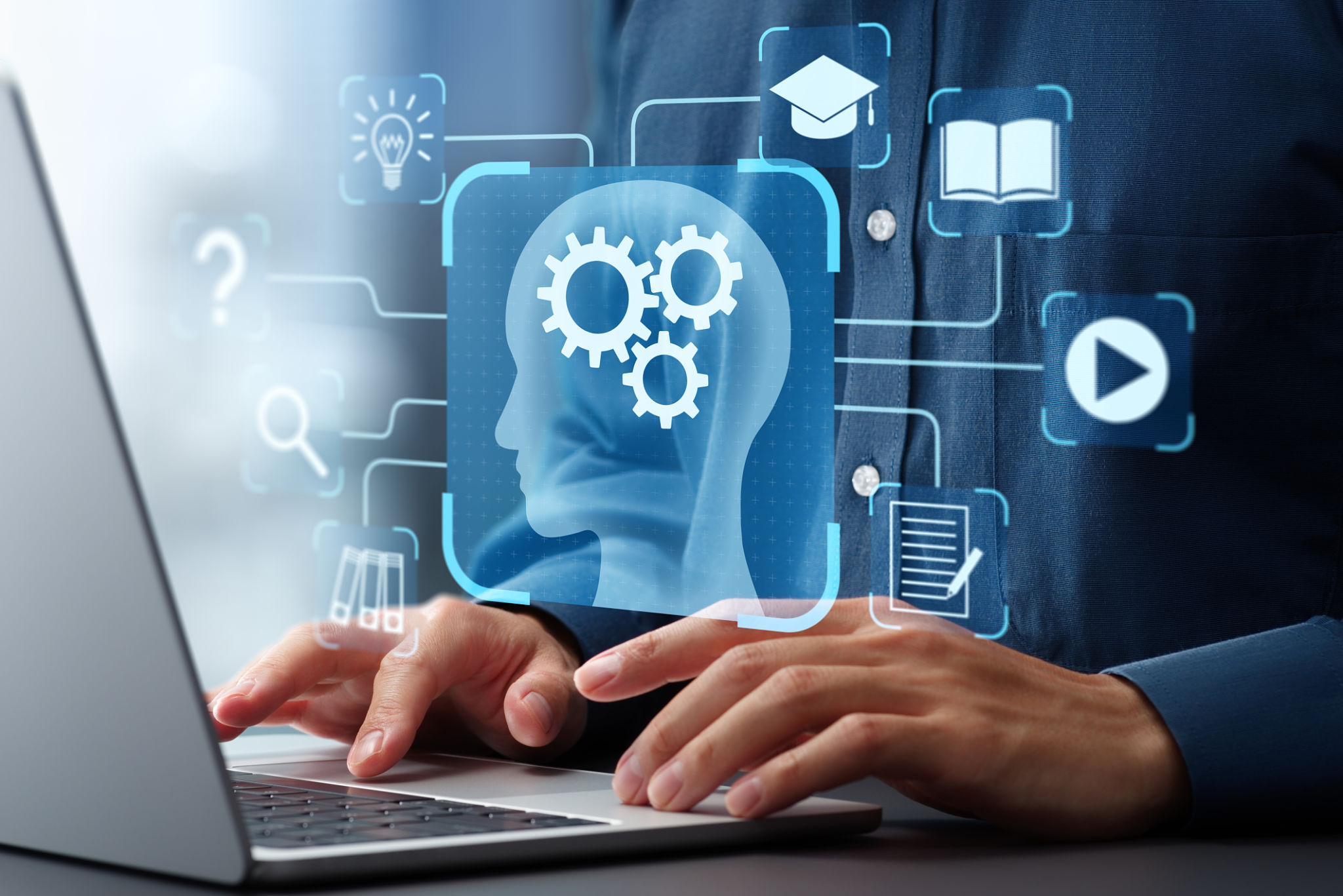The Benefits of Personalized Learning Approaches in Exam Preparation
Understanding Personalized Learning
In today's fast-paced educational landscape, personalized learning approaches have become increasingly popular, especially in exam preparation. This method tailors study plans and resources to meet individual student needs, fostering a more effective and engaging learning experience. By focusing on a student's unique strengths and weaknesses, personalized learning can significantly enhance exam readiness and overall academic performance.
Traditional education models often adopt a one-size-fits-all approach, which can leave some students struggling to keep pace while others might not be sufficiently challenged. Personalized learning, however, breaks this mold by offering flexibility and adaptability, ensuring that each student receives the attention and resources they need to succeed.

Benefits of Personalized Learning in Exam Preparation
One of the primary benefits of personalized learning is its ability to cater to diverse learning styles. Every student absorbs information differently—some might be visual learners, while others excel through auditory or kinesthetic methods. A personalized approach allows educators to tailor their teaching techniques to match these preferences, enhancing comprehension and retention.
Moreover, personalized learning encourages student autonomy. By giving learners more control over their study schedules and methods, they develop a sense of responsibility for their educational journey. This autonomy can boost motivation, leading to a more proactive attitude towards exam preparation.

Technology's Role in Personalized Learning
Advancements in technology have been instrumental in making personalized learning more accessible. Online platforms and educational software can analyze a student's progress and suggest tailored study materials and exercises. These tools often use algorithms to track performance, providing real-time feedback and adjusting study plans accordingly.
For instance, adaptive learning software can offer practice questions that align with a student's current skill level, gradually increasing in difficulty as the student improves. This targeted approach prevents students from becoming overwhelmed while ensuring continuous progress.

Implementing Personalized Learning Strategies
To effectively implement personalized learning strategies in exam preparation, educators and students can follow several key steps. First, it's essential to conduct an initial assessment to identify strengths and areas for improvement. This assessment can guide the development of a customized study plan that focuses on specific learning objectives.
Next, setting achievable goals is crucial. Breaking down the exam syllabus into manageable sections allows students to tackle their studies systematically, reducing stress and promoting a sense of accomplishment. Regular feedback sessions also play a vital role in keeping students on track and motivated.
Using Data for Continuous Improvement
Data-driven insights are invaluable in refining personalized learning approaches. By analyzing performance data, educators can pinpoint patterns and trends that inform future teaching strategies. This iterative process ensures that the learning experience remains dynamic and responsive to changing needs.

Conclusion: A Pathway to Success
The shift towards personalized learning in exam preparation represents a significant advancement in educational practices. By recognizing and addressing individual learning needs, this approach not only enhances academic outcomes but also empowers students to take charge of their educational journeys.
As more institutions and educators embrace personalized learning, it is poised to become a cornerstone of modern education, paving the way for a more inclusive and effective learning environment.